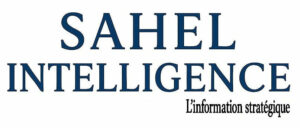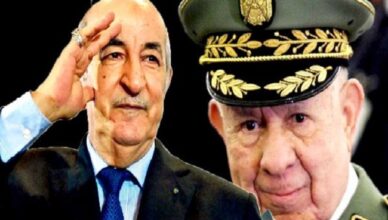President Abdelmadjid Tebboune caught between modernity and tradition, a man at a crossroads, now finds himself at the head of a country torn between the desire for democratic reforms and the preservation of a deeply rooted authoritarian system.
Behind his speeches on reform and openness, he is but a player in a larger game where military forces, networks of influence, and secret societies play a decisive role. The military, under the control of General Saïd Chengriha, Chief of Staff of the National People’s Army (ANP) and Defense Minister in the new cabinet reshuffle of Nadir Larbaoui’s government, remains the key actor in Algerian politics, with deep ties to economic powers and figures from the old regime. These groups gather not only to protect their interests but also to maintain a certain status quo.
According to Western analysts, since independence, the « Guardians of the Balance » symbolize these invisible forces. An informal coalition of political, military, and economic figures, they fiercely guard control over the country’s major decisions.
In this web of influence, Tebboune is a man caught between his duty to embody change and the tacit obligation to respect a balance of power imposed by these « Guardians. » These « Guardians » are masters of the art of compromise. Their goals are clear: to preserve the stability of the country while maximizing their personal and collective profits, particularly in strategic sectors such as oil, gas, and defense.
Tebboune, a product of the FLN (National Liberation Front) system, is, in many ways, the embodiment of this duality. He is a product of the regime, but also a man of transition. His early actions as president showed his desire to reform, especially in the fight against corruption and constitutional revision. However, these reforms have been slow, and the forces of resistance to change are numerous, both within the government and the military spheres.
The Hirak, although weakened since the pandemic and the crackdown on protests, remains a powerful symbol of popular dissent. Moreover, internal social movements, particularly unions and youth groups, are fighting for greater economic and social justice.
As the plots intensify and new alliances are formed, Tebboune discovers secrets from his past that he would have preferred to remain hidden. He learns that figures from the old regime, as well as members of the military, played a role in his rise to power, and that he was merely a pawn in a much larger game. His true enemy? The specter of a dissident faction within the Guardians themselves, who seek to overthrow him and impose an even more radical and authoritarian vision of Algeria.

